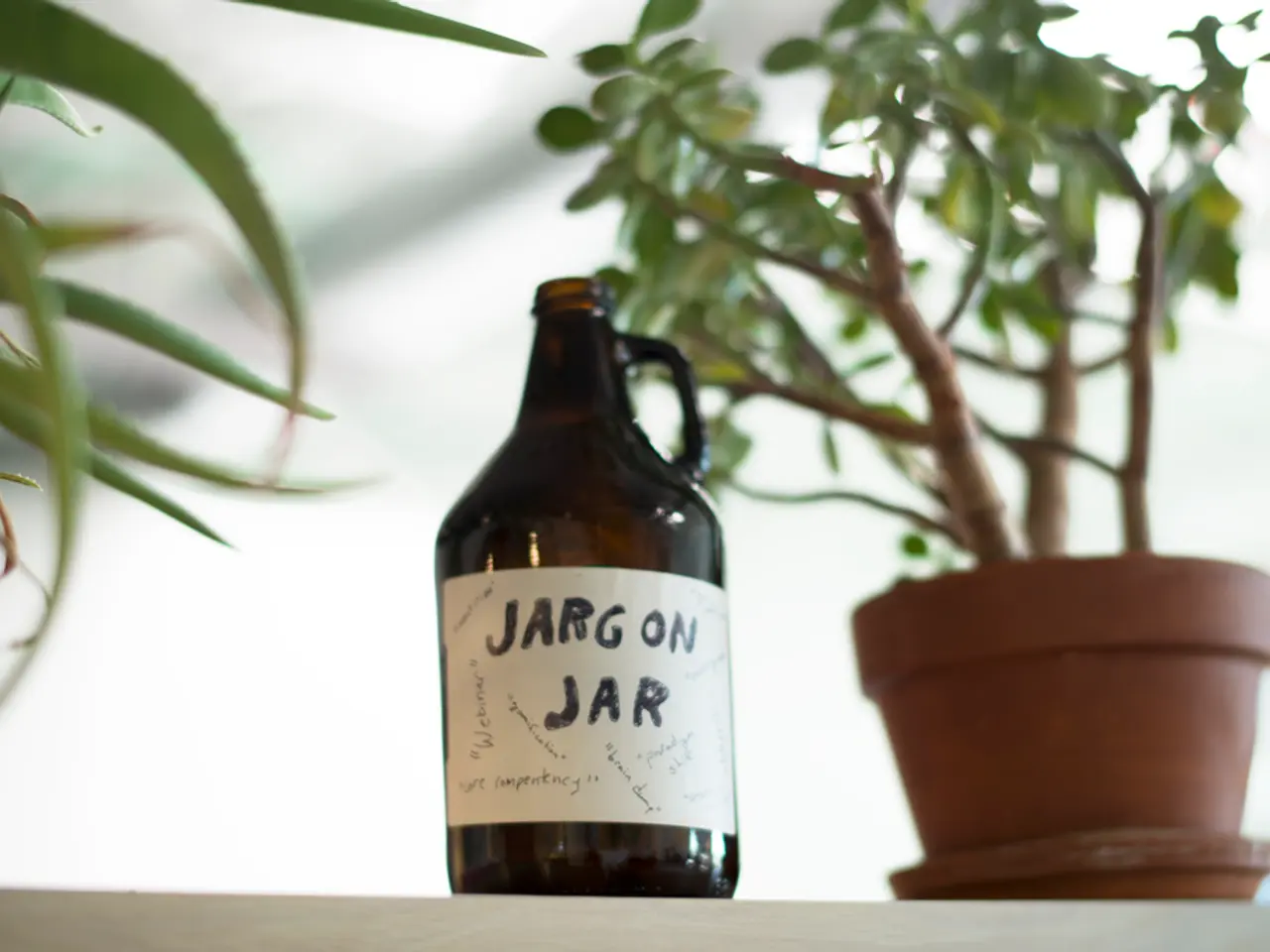Compound Derived from Plants Could Potentially Extend Lifespan
In a groundbreaking development, researchers have uncovered the potential of a plant compound derived from the Caryota maxima, also known as the fishtail palm, to extend lifespan and influence lipid metabolism in organisms, particularly in the microscopic nematode worm Caenorhabditis elegans.
This exciting research, published in various scientific journals, suggests that nature still has a lot to offer in terms of compounds that could slow down aging or reduce problems tied to getting older. The key findings are as follows:
**Effects on Lifespan and Lipid Metabolism**
The herbal extract JM13001, derived from Caryota maxima, has been shown to significantly extend both lifespan and healthspan in Caenorhabditis elegans. This effect is attributed to its role in regulating lipid metabolism, as it increases the total lipid content and upregulates mono-unsaturated fatty acids (MUFAs), known to contribute to longevity.
The lifespan-extending effects of JM13001 are mediated through the DAF-2 signaling pathway, promoting lipid accumulation. Notably, the lifespan-extending effects are abolished if the enzymes responsible for converting saturated fatty acids to MUFAs are lost, or if oleic acid is supplemented, indicating a critical role for MUFAs in its mechanism.
**Active Ingredients**
Chemical analysis of JM13001 revealed the presence of flavonoids such as rutin, isoquercitrin, and kaempferol-3-O-rutinoside. Among these, rutin alone was sufficient to reproduce the anti-aging and lipid accumulation promotion effects of JM13001 through DAF-2 signaling.
**Implications and Future Directions**
The findings on Caryota maxima offer a new direction for aging research, highlighting the potential of natural herbal extracts like JM13001 to act as geroprotectors, offering insights into anti-aging mechanisms through lipid metabolism regulation.
With further study, more natural compounds like JM13001 could play a role in helping people stay healthier for longer. If successful, JM13001 or similar plant extracts could potentially be used in people, either as supplements or treatments for age-related diseases. However, further testing in larger animals will determine if the effects of JM13001 still hold.
This discovery adds to a growing body of research focused on natural products and their potential to slow aging or reduce problems tied to getting older. Many plants used in traditional medicine may hold hidden benefits that science is only now beginning to uncover.
In conclusion, the research on Caryota maxima extract presents an exciting opportunity for the development of new anti-aging treatments. As our understanding of this plant compound continues to grow, so too does the potential for a healthier, longer life for all.
In light of the research findings, it can be inferred that the flavonoids derived from Caryota maxima, such as rutin, isoquercitrin, and kaempferol-3-O-rutinoside, may contribute to health-and-wellness by promoting healthy-diets through their influence on lipid metabolism. If further testing in larger animals confirms the lifespan-extending effects of these compounds, they could potentially be utilized in science to developing age-delaying treatments.




